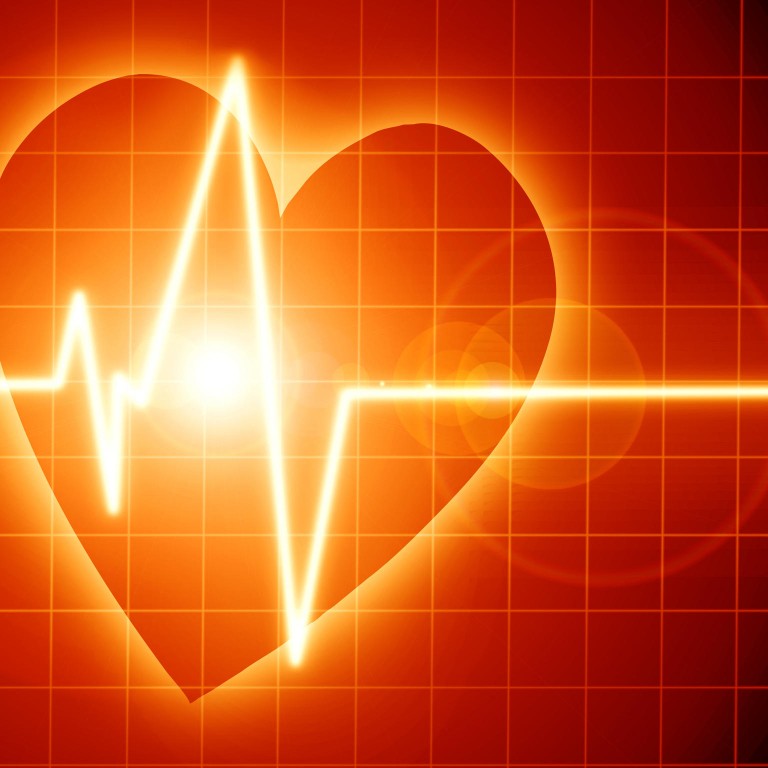
Hits & Myths: heart attack symptoms don't always include chest pain
No
When you think about heart attacks, the first image that comes to mind may be that of someone clutching their chest and writhing in pain. But not everyone who is having a heart attack experiences pain in the chest. And, by associating the two, we risk ignoring the other symptoms of a heart attack that are just as life threatening.
Initially, when a person has a heart attack, they may suffer from severe discomfort or pressure in their chest.
Dr Boron Cheng, a specialist in cardiology at Matilda International Hospital, likens the sensation to an elephant stepping on your torso. This discomfort typically lasts five to 10 minutes and radiates to the jaw and left arm. It is also usually accompanied by cold sweats, dizziness, nausea and shortness of breath. If a person goes into cardiac arrest and cardiogenic shock, then the heart attack would be considered severe and life threatening, Cheng says.
Symptoms of cardiac arrest and cardiogenic shock include "out of hospital" collapse, extreme coldness in the hands and feet, profuse sweating, palpitations and laborious breathing.
But in some cases, a heart attack may show up without chest discomfort or heaviness, presenting only as a stomach ache, jaw pain, back pain or shoulder pain. In fact, in some groups of patients, such as those with diabetes or renal failure, the only hint of a heart attack may be shortness of breath and exercise intolerance, says Cheng.
It's important to remember that women experiencing cardiac trouble are more likely to experience unstable angina rather than a heart attack (unstable angina is chest discomfort that occurs at rest and is not related to exercise). And acute coronary syndrome, which is a manifestation of coronary artery disease, is more often clinically silent or misdiagnosed in women than men, because of variations in the presenting symptoms.
Just like chest pain isn't always a sign of a heart attack, it's important to remember that heart attack symptoms vary from person to person and may not always include chest pain, pressure or discomfort.

